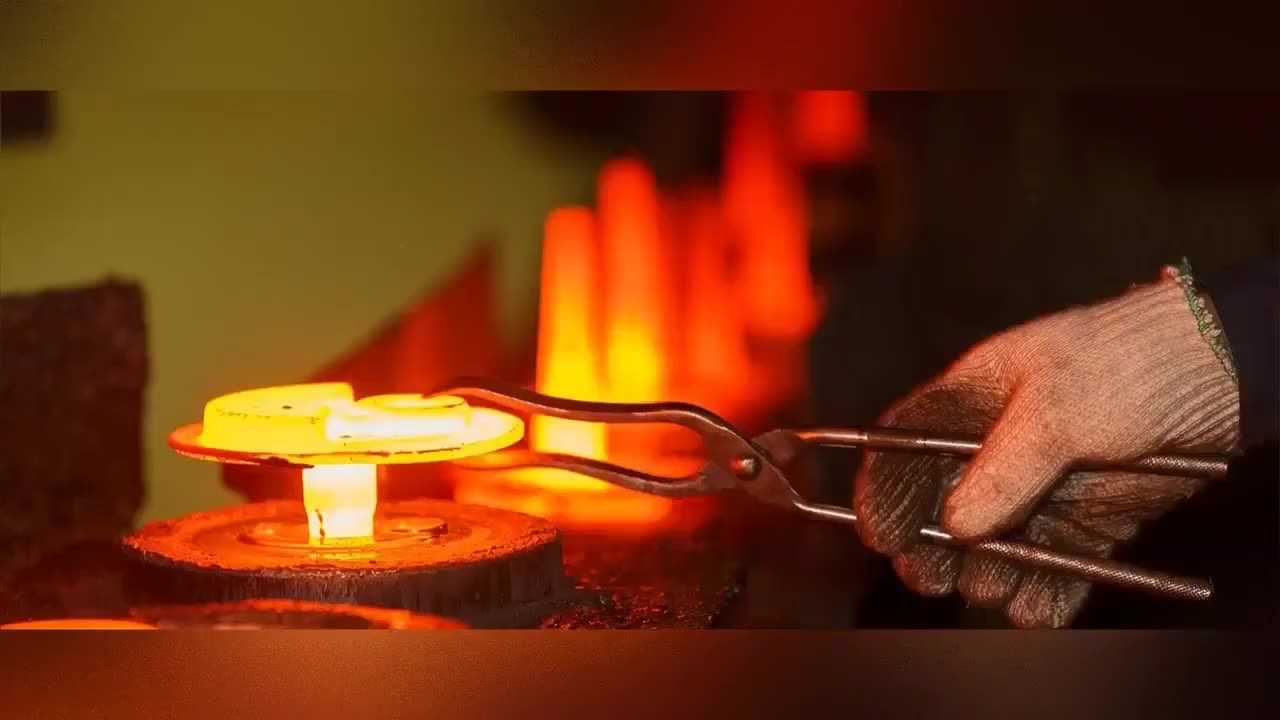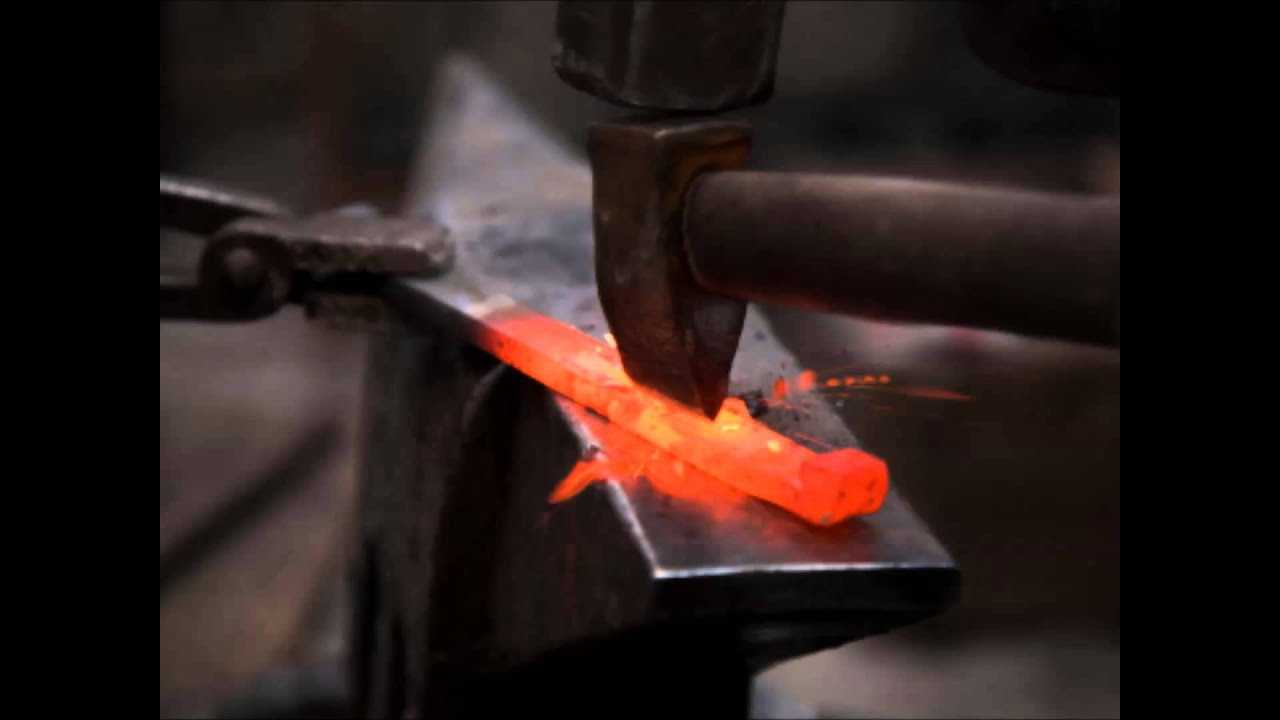Why Forging Companies in usa Essential Heavy-Duty Vehicle
Forging plays a vital role in the heavy-duty vehicle manufacturing industry, providing strength, reliability, and precision to vehicle components. Forging companies in USA contribute significantly to producing parts capable of withstanding extreme loads and harsh conditions. As the demand for durable and efficient heavy-duty vehicles rises, these companies are essential partners in supporting various sectors, including construction, mining, and transportation.

Importance of Forging in Heavy-Duty Vehicle Manufacturing
Forging is a manufacturing process that involves shaping metal under high pressure, resulting in stronger and more durable components. For heavy-duty vehicles, which operate under rigorous conditions, forged parts provide the resilience needed to perform safely and efficiently.
Forging companies in USA offer specialized expertise in producing robust vehicle parts such as axles, gears, and suspension systems. These components are critical for heavy-duty vehicles, as they support the structural integrity and functionality necessary for challenging environments.
Enhanced Durability for Demanding Applications
Heavy-duty vehicles must operate reliably under high-stress conditions, such as heavy loads and extreme terrains. Forged components are uniquely suited for these applications because they are less prone to cracking, breaking, or deforming under pressure.
The forging process aligns the metal grain structure, improving the strength and durability of each part. This feature is especially important for components used in construction, mining, and agriculture vehicles, where operational reliability directly impacts productivity and safety.
Cost-Effectiveness Through Longevity
One advantage of using forged components is their extended lifespan, which ultimately reduces maintenance and replacement costs. In industries that depend on heavy-duty vehicles, frequent part replacements can result in downtime and additional expenses. Forging companies in USA address these challenges by providing high-quality parts that enhance longevity and reduce operational interruptions.
Additionally, the durability of forged parts minimizes the need for constant repairs, contributing to long-term cost savings for businesses reliant on heavy-duty vehicles.
Advanced Materials in Forging Processes
Modern forging companies utilize a range of materials, including high-strength alloys, to produce parts that meet specific requirements. These materials provide exceptional resilience and corrosion resistance, essential for vehicle components exposed to harsh conditions.
Forging companies are also experimenting with composite materials and other advanced alloys to enhance the strength-to-weight ratio of vehicle parts. This approach allows for the production of lighter yet stronger components, which improves vehicle efficiency and fuel economy.
Contribution to Innovation in Vehicle Manufacturing
The forging industry is evolving to support advancements in vehicle manufacturing. With increased demand for high-performance vehicles, forging companies have integrated automation, robotics, and precision engineering into their processes to ensure consistency and quality.
This innovation supports the production of complex shapes and custom components tailored to meet the unique demands of heavy-duty vehicle manufacturing. These advancements position forging companies as essential contributors to the progression of the vehicle manufacturing industry.
Quality Control and Safety Standards
Forging companies in USA adhere to strict quality control protocols, ensuring each component meets industry safety standards. This process involves rigorous testing, including tensile strength testing and fatigue resistance assessments, to confirm the part’s suitability for heavy-duty applications.
In addition to quality testing, companies also comply with national and international safety standards to ensure that the final products perform reliably under stress. By prioritizing quality and safety, forging companies contribute to the development of vehicles that meet stringent safety regulations.
Environmental Considerations in Forging
As environmental concerns rise, forging companies are adopting practices to minimize their carbon footprint. Innovations such as energy-efficient forging equipment and sustainable material sourcing allow companies to reduce their environmental impact.
Recycling is another key component of the forging industry’s sustainability efforts. Many forging companies recycle scrap metal and repurpose it, reducing the demand for raw materials and conserving natural resources.
Supporting Various Industries with Forged Parts
Heavy-duty vehicles are essential across multiple sectors, including agriculture, transportation, and construction. Forging companies supply critical components that support the reliable operation of these vehicles, impacting productivity and safety across these industries.
By providing high-quality parts for various applications, forging companies strengthen the supply chain for industries that depend on durable and efficient heavy-duty vehicles. This partnership enhances the overall performance and reliability of industries vital to the U.S. steel market economy.

Conclusion
Forging companies in USA are integral to the heavy-duty vehicle manufacturing industry, producing durable, high-quality components that support essential operations. With a focus on innovation, quality control, and environmental responsibility, these companies provide the materials and expertise necessary to meet the demanding requirements of heavy-duty vehicles. As industries evolve, the role of forging companies remains crucial to ensuring the reliability and performance of vehicles that serve the nation.
FAQs
How does forging improve vehicle part durability?
Forging aligns the metal’s grain structure, enhancing strength and resistance to wear and tear, making it ideal for heavy-duty vehicle applications.
What materials are commonly used in forging for vehicle parts?
Forging for vehicle parts typically uses high-strength alloys and advanced materials that offer durability, corrosion resistance, and efficiency.
How do forging companies support sustainability?
Forging companies adopt energy-efficient practices, recycle materials, and source sustainably to reduce their environmental footprint.
What quality standards do Forging companies in USA follow?
Forging companies follow strict industry standards, ensuring each part undergoes rigorous testing to meet durability and safety requirements for heavy-duty applications.
Why is forging important for heavy-duty vehicles?
Forging provides the resilience and durability required for vehicles that operate under extreme conditions, enhancing performance and safety across various industries.


